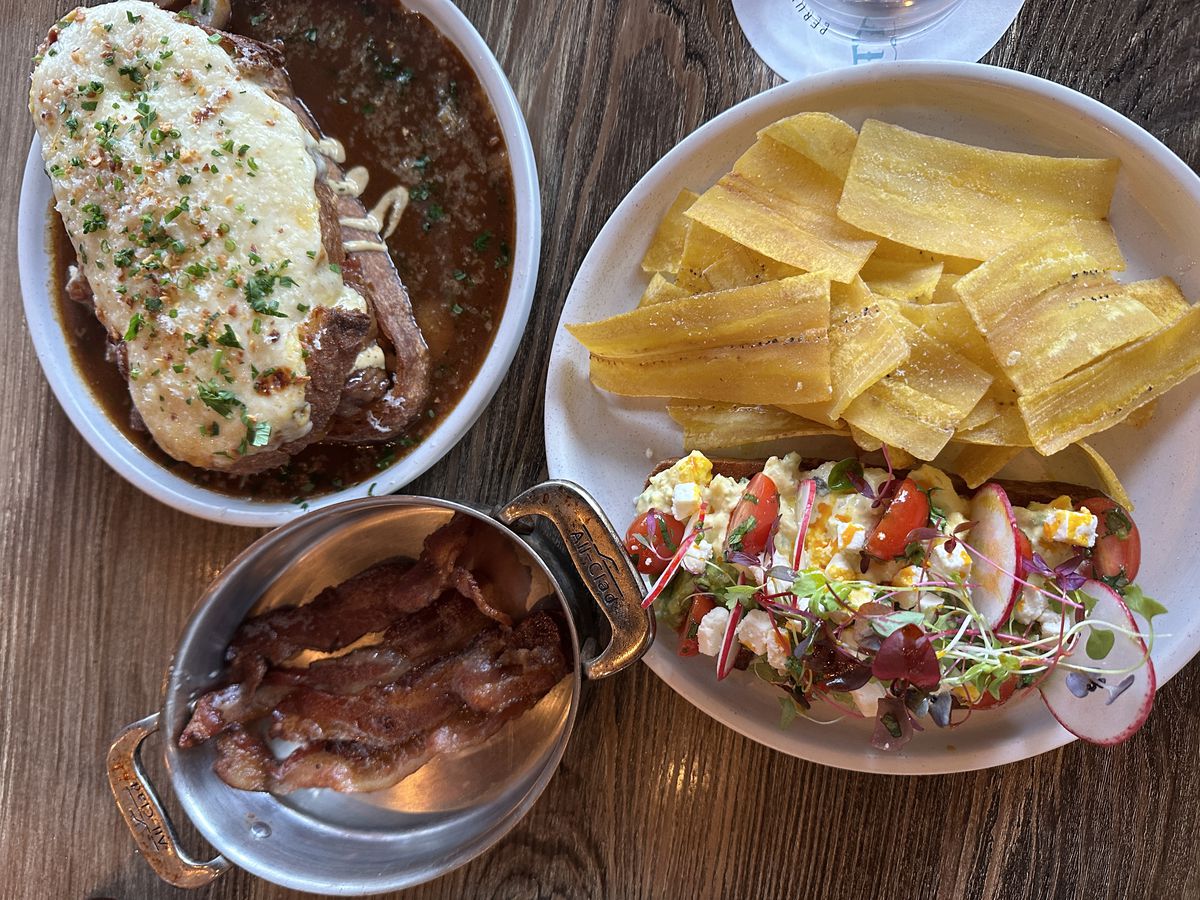BAGAIL 8 Set Packing Cubes Luggage Organizer Bags for Travel Accessories-Cream
$14.44 (as of March 31, 2025 15:10 GMT +00:00 - More info)Have you ever found yourself in the middle of a baking frenzy, only to realize that you don’t have a pastry cutter? It can be frustrating, especially when you’re trying to make a delicious homemade pie, but it’s not the end of the world. You can still make perfectly good pastry dough with a simple tool that’s probably already in your kitchen: a fork.
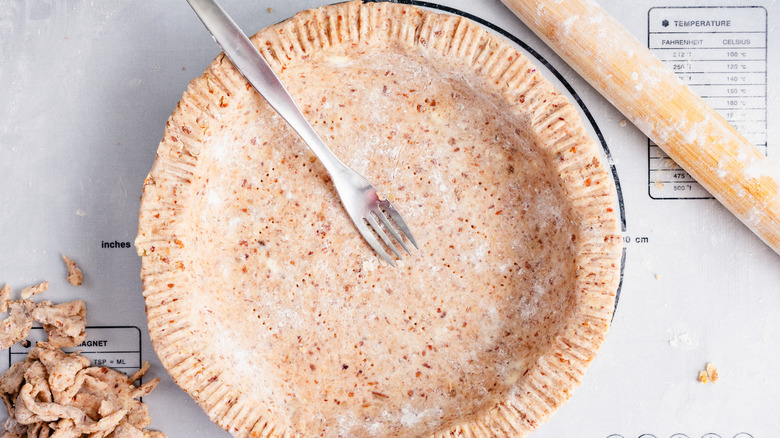
Get an Official Zagat Restaurant Guide
The Magic of Making Pastry Dough with a Fork
It’s that time of the year when baking season is in full swing, and the holidays are just around the corner. If you’re a frequent baker, you probably have a pastry cutter in your utensil drawer, but what if you only make pies sporadically? Don’t worry, you can still make a stellar pie with a flaky crust made from scratch using just a fork.
Cutting the Butter or Shortening
To start making your pastry dough, you’ll need to cut the butter or shortening into your dry ingredients. This is where your trusty fork comes in handy. Simply press down firmly on the butter or shortening with the fork and drag it sideways in a sweeping motion. This will take a few minutes longer than using a pastry cutter or a food processor, but the end result will be just as good.
Tips for Making the Best Pastry Dough
Here are a few tips to keep in mind when making pastry dough with a fork:
| Tip | Description |
|---|---|
| Keep your shortening cold | Stick it in the freezer for a few minutes before using to keep it solid as you blend it into the dry ingredients. |
| Chill your fork | Run your fork under cold water or stick it in the fridge to prevent it from warming and melting the butter. |
| Use ice water | This will ensure a nice and flaky pie crust. |
| Add a little alcohol | Adding vodka or another type of alcohol will help keep the dough hydrated and easier to roll out. |
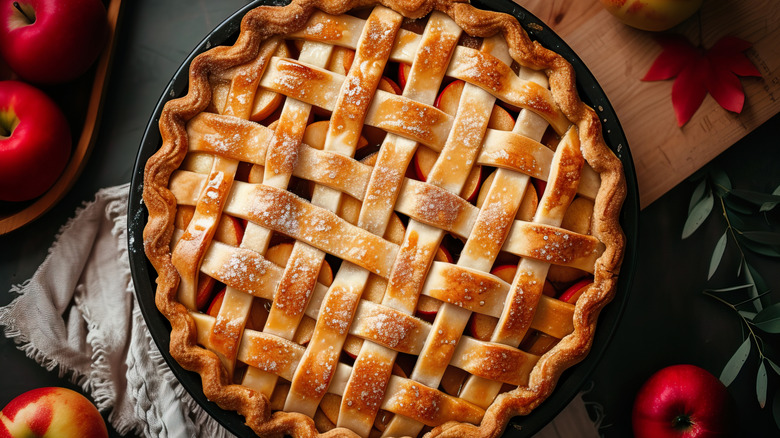
Get an Official Zagat Restaurant Guide
The Importance of Temperature
Temperature plays a crucial role in making good pastry dough. If your shortening is too warm, it will melt into the dry ingredients, resulting in a tough crust. On the other hand, if your liquid is too cold, it won’t mix properly with the dry ingredients. So, what’s the ideal temperature?
The Science Behind Pastry Dough
When you mix warm ingredients with cold ones, the fat molecules start to melt and bond with the flour molecules. This creates a tough and chewy texture that’s not ideal for a pie crust. By keeping your shortening and liquid cold, you prevent this from happening, resulting in a flaky and tender crust.
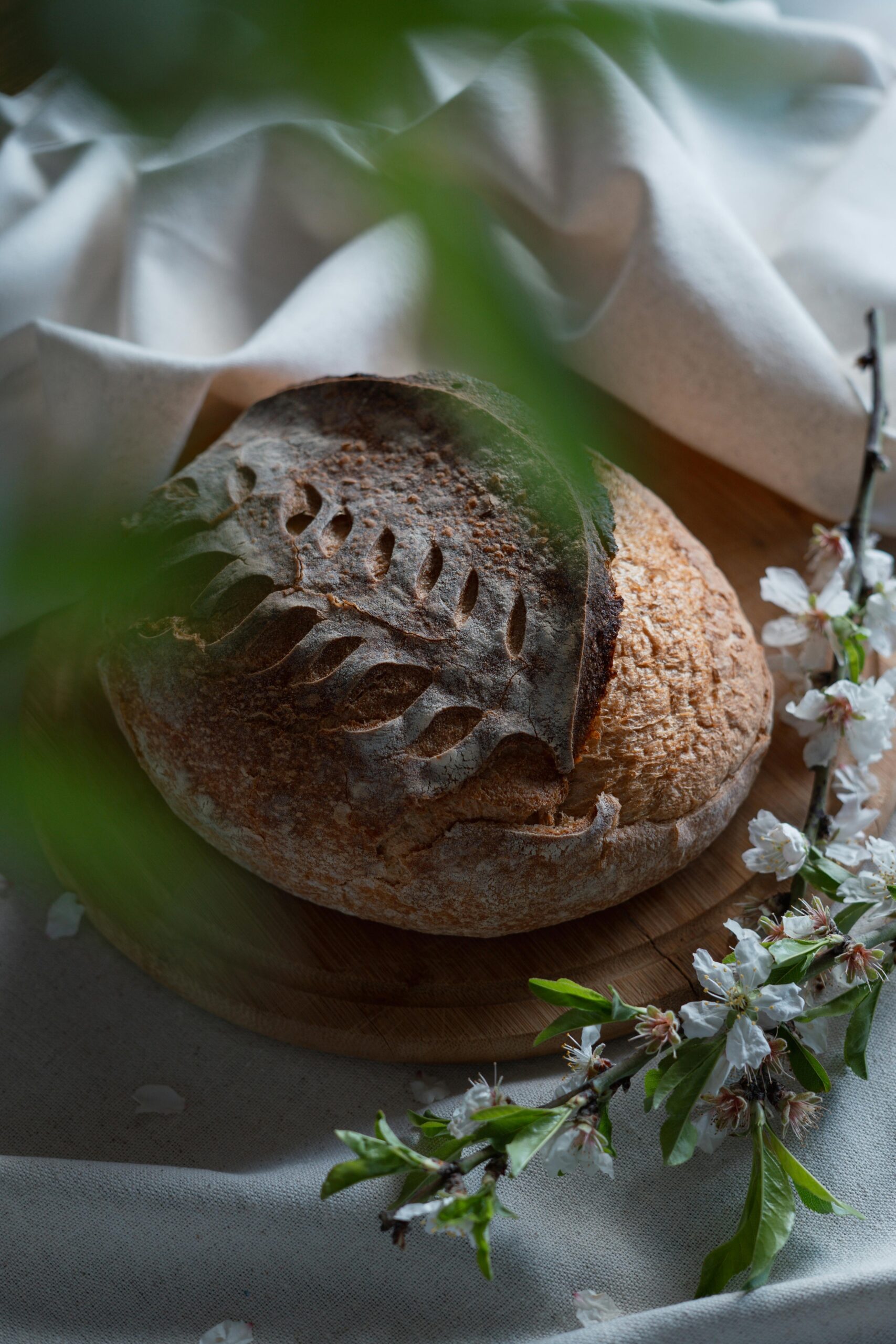
Rolling Out the Dough
Once you’ve mixed your pastry dough, it’s time to roll it out. But how do you do this without overworking the dough? The key is to roll it out gently and evenly, using long strokes to shape the dough into a circle or rectangle.
Rolling the Right Way
| Right Way | Wrong Way |
|---|---|
| Roll out the dough in long strokes, using gentle pressure | Roll out the dough in short, zigzag strokes, applying too much pressure |
| Use a light touch to shape the dough | Use a heavy hand to shape the dough, resulting in a dense crust |
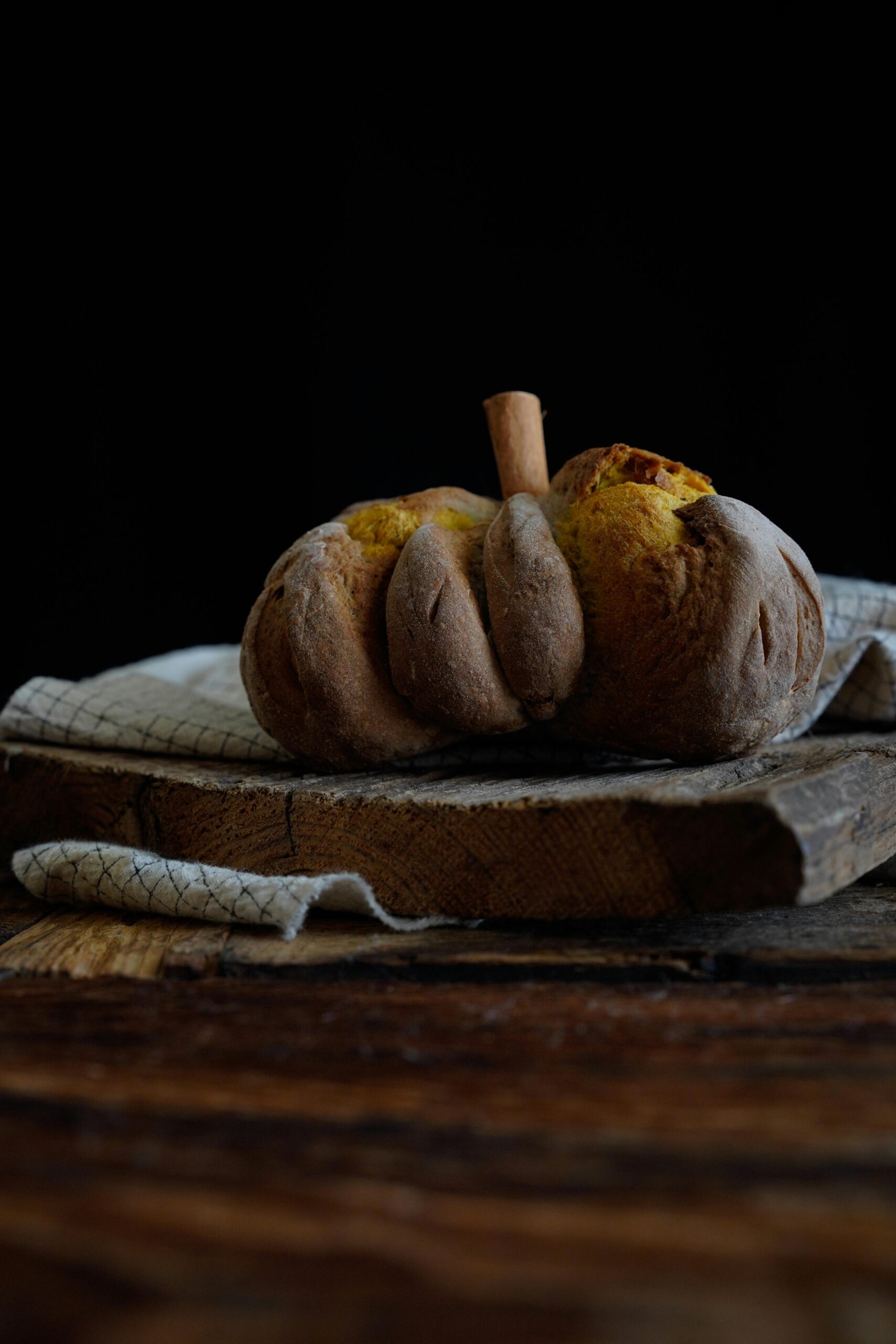
Conclusion
Making pastry dough with a fork is easier than you think. By following these simple tips and techniques, you can create a delicious and flaky pie crust that’s sure to impress your friends and family. So, next time you’re in the mood for baking, don’t worry if you don’t have a pastry cutter. Just grab a fork and get started!
Get an Official Zagat Restaurant Guide




